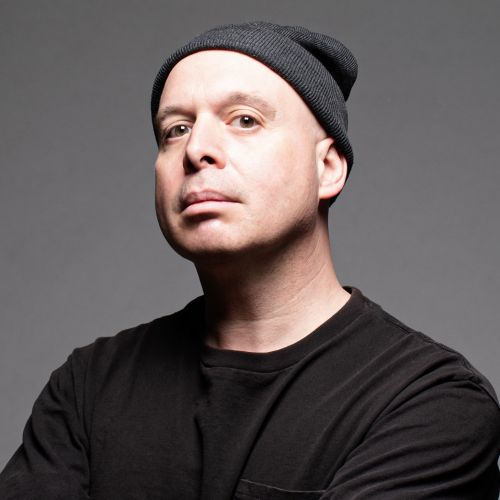 Alejandro Loureiro Lorenzo
Alejandro Loureiro Lorenzo
Assistant Teaching Professor of Art (Photography)
al1480@camden.rutgers.edu
www.alejandroloureiro.com
BIOGRAPHY
Alejandro Loureiro Lorenzo is a New York–based artist and Assistant Teaching Professor of Photography, where he also directs the Photography Program at Rutgers University–Camden.
His work examines how cultural differences challenge and reshape the meanings of objects and images. Engaging with the complexities of interpretation, he investigates how cultural contexts alter the significance assigned to everyday materials and visual representations.
Central to his practice is the tension between normative interpretations—collective frameworks that prescribe meaning—and the personal mythologies individuals construct to navigate their own experiences. By bringing these perspectives into dialogue, his projects create spaces where images can be questioned, unsettled, and reimagined.
Faculty Gallery







